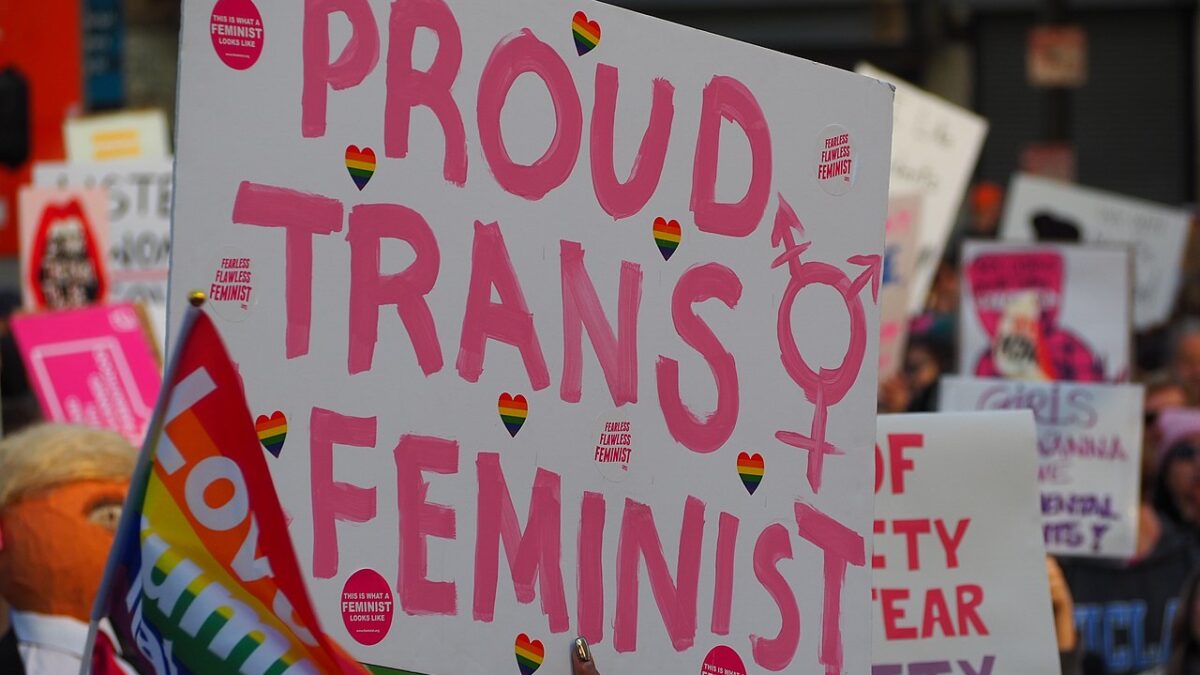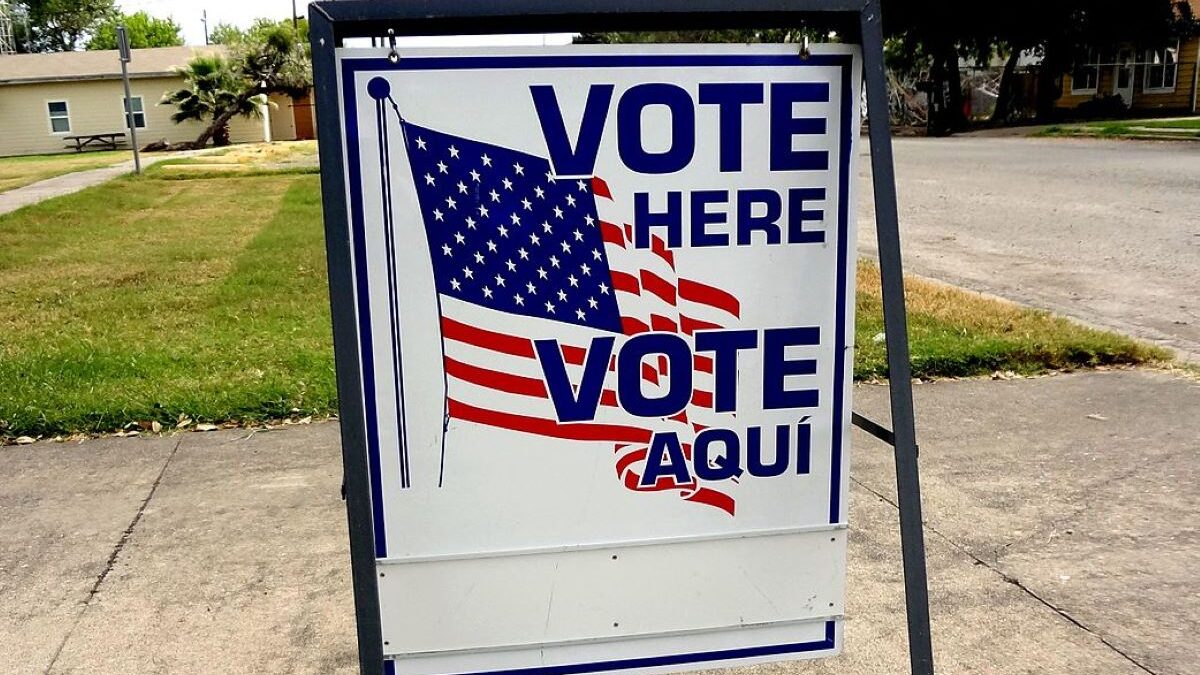
Until I was in college, I went by Mike. When I found myself in a social circle that included two Mikes, I opted for Michael just to minimize confusion. Since then, the only person who still calls me Mike is my mother. (I did have a supervisor back in the ’80s who called me Mark for a year, but she was otherwise quite kind to me, so I took it in stride.)
It’s a simple matter of common courtesy to call someone by whatever name he or she chooses. Transgender activists have tried to latch on to this simple social courtesy to insist on the use of specific preferred pronouns, which they argue is no more than an extension of that common courtesy. The pushback on this has largely been on the profusion of novel potential identifiers: he/his, she/hers, they/theirs, xe/xirs, ze/hirs, ei/eirs…the list is really endless, with individuals generating new pronouns almost daily.
Some English Pronouns Convey Gender
But the complaints about the profusion of pronouns miss a far more important point of language that seems to have slipped under the radar, something that makes this far more than a matter of courtesy. It has to do with the nature of second-person and third-person pronouns in English.
When I talk to you, I can do so without a gendered pronoun. You is the same no matter who, or what, I’m talking to. I can call my misbehaving car “You old pile of garbage” without making my car a he or a she. Likewise, I can speak to a male, female, or non-binary individual with the same second-person pronoun.
It’s the third-person pronoun in English that conveys gender (and here I’m so happy to be able to use the word gender in its appropriately technical and linguistic sense). I can use he, she, or it as singular pronouns, and each conveys information about the object I’m referring to. There are odd circumstances when I’d use a third-person pronoun in the presence of someone who is in the room with me, but it never feels polite. In the majority of cases, I am taking about a person or thing not present.
This is where preferred pronouns become critically intrusive. A courteous exchange about names might go like this: “Hi, my name is Richard, but I go by Dick.” “Hi, Dick, pleased to meet you.” What transgender activists are demanding manifests as follows: “Hi, I’m Scharr. I identify as gender non-conforming. When you talk about me to someone else, I want you to identify me as Xe, because that will indicate that you accept my identity as a non-binary individual.”
This Is a Demand to Affirm a Falsehood
This isn’t just an abstraction for me. At the age of 50, my brother informed our family that he identified as female. Where previously Glenn, he had his name legally changed to Jennifer. My father doesn’t accept that his son is now his daughter, and still calls him Glenn and he. My mother tries to be more accommodating, but when we speak together about Glenn, she tries to say Jennifer and she. But she has trouble keeping that language, as it were, straight.
It’s obvious from my use of language that I’m guilty of the two great sins of transphobia and deadnaming (deadnaming is the practice of calling a trans individual by his or her birth name). Or rather, I don’t believe it to be factually correct that my brother is now female, despite his use of artificial hormones and a legal name change. To call my sibling she is to concede a reality that I do not believe to be the case.
I believe that the human animal has only two sexes because it has two kinds of gamete-producers. Give me a third human gamete, and I’ll entertain the possibility of there being a third sex. I understand that there are a variety of rare medical conditions that produce intersex individuals, and that fact has no bearing on the number of actual sexes. I do not believe that drugs or surgery can make a male into a female or a female into a male. Just a few years ago, that would have been simple science. Today it makes me a moral monster.
I do believe it’s common that people feel uncomfortable in their own skins and that phenomenally few biological males adhere 100 percent to all male cultural stereotypes or biological females adhere 100 percent to all female cultural stereotypes. And that’s okay. Back in the 1974 there was a surreal video called “Free to Be…You and Me,” narrated by Marlo Thomas and Alan Alda, which argued the then-enlightened view that men could have traditionally female interests and that women didn’t have to be all girl-girly if they didn’t want to be.
A man who likes to cook is a man who likes to cook, not a woman. A woman who enjoys football is a woman who enjoys football, not a man. Now we’re asking masculine girls and feminine boys if they aren’t really trapped in the wrong bodies. Gender dysphoria has moved from being a mental illness to being a declaration of authenticity.
The demand that I refer to my sibling using a female pronoun is nothing less than thought policing. It is a demand that I assert what I do not believe, or at least a demand that I dare not evidence dissent from a particular pseudo-scientific understanding of human nature. Asking me to be polite is not the same thing as asking me to lie, or worse, to accept a lie as truth.
And that’s no accident. That’s the whole point of the pronoun games.









